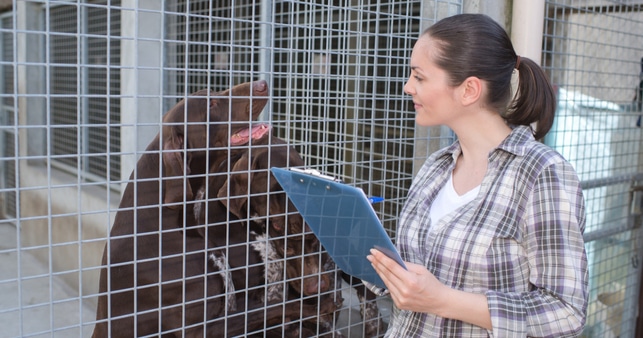
The debate on whether an employer can dismiss a worker for pulling a sickie has long been a topic of conversation in Australia, and with so many people working from home over the past 18 months, the nature of calling in sick has changed.
Based off calls to the employer advice line of Employsure, Australia’s largest workplace relations advisor, Fmridays and Mondays are the days where sick leave is more commonly used. While these days seem conveniently placed close to the weekend, under the Fair Work Act 2009, an employee need only submit a medical certificate or statutory declaration as evidence of their ill health.
“If an employee provides their employer with a medical certificate, they must accept it. If there is doubt over how accurate the certificate is, employers can seek clarification from the doctor who provided the certificate,” said Employsure employment relations specialist Nicholas Hackenberg.
“However, if the doctor confirms it, employers cannot take the issue further. If the employee cannot provide a medical certificate, employers are within their rights to deny them paid sick leave. This has become particularly harder during the COVID-19 pandemic as the lines between a genuine sickness and employees simply wanting to take the day off are blurred.
“This does not necessarily mean an employee will not face discipline, but it can be at times difficult for business owners to manage, as the individual circumstances are not always necessarily in black and white.”
Two Australian court cases over the years have illustrated how the rules aren’t always clear cut, and different cases may result in different outcomes.
In Anderson v Crown Melbourne Ltd [2008] FMCA 152, a man’s employment was terminated after he flew to a football game in Perth, even though he provided a medical certificate. His employer became aware of this, and ultimately dismissed him for misconduct, which the employee disputed in court in an unlawful termination claim.
The court ruled in favour of the employer and decided the employee did misuse his sick leave entitlements. The court found the employee had already purchased tickets to the game, as well as his plane ticket, before he went to the doctor. He also told the doctor he wanted the day off to go to the game, and he was in perfect health on the day he took leave.
Conversely, there is the case of Marshall v Commonwealth [2012] FMCA 1052, where a worker at the Bureau of Meteorology was terminated, but ultimately reinstated due to exceptional circumstances.
The employee had initially been absent due to an adjustment disorder, but a doctor appointed by his employer certified him as medically fit to return. Instead of returning, the employee enlisted his own doctor who declared him medically unfit.
At this same time, the employee applied and was accepted to appear in a reality TV show. Even though the employee decided not to appear on the show, his employer ended his employment.
The man’s employment was reinstated after the court agreed his doctor’s medical report was detailed enough to indicate he was unwell for work, but well enough to appear on the show. The Court found that the employee had not lied to his employer. In a nutshell, the Court determined that the Anderson case did not provide employers an unfettered discretion to ignore medical certificates issued by appropriately qualified medical practitioners.
“Employers must remember a doctor’s certificate will be accepted by the court as proof of illness. They should not rely on their own opinion, and must be able to prove otherwise if they want to punish an employee for pulling a sickie,” continued Mr Hackenberg.
“If the employer believes the employee to be lying, a trend that may be on the rise as people continue to work from home during the latest lockdowns, they can consider directing that employee to their own doctor for a second opinion.
“Employers must ultimately be cautious if they come to conclusion that what an employee does outside the workplace is inconsistent with a certificate of medical unfitness. If the employer is unsure how on to act or if they suspect any wrongdoing, they should seek legal advice, or call Employsure on 1300 651 415.”
Media Enquires:



